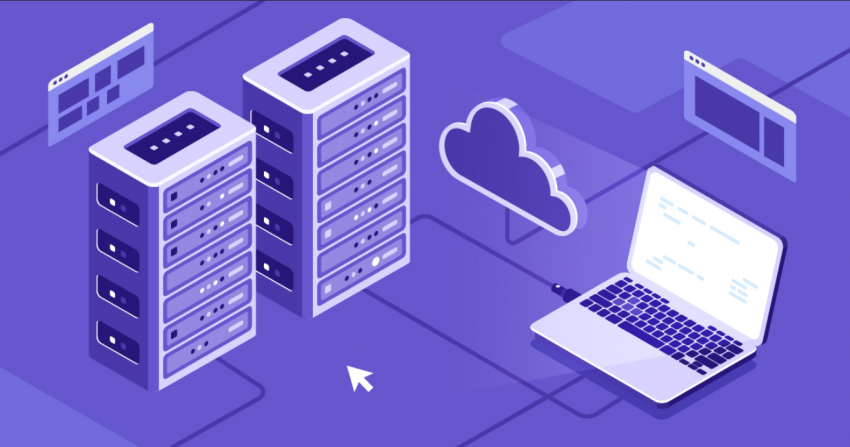VPS Security Tips To Prevent Brute Force Attacks

When it comes to website hosting in India, safety and security are the leading issues that trouble users. The stolen information, data, and catalogues do no good to an enterprise or an individual. Even with the best VPS Hosting services, security from your side matters a lot. It requires an overall approach and comprehensive security to secure your VPS Server.
We know why security is crucial, but what exactly is a brute-force attack?
When an unauthorised user tries to access your VPS Server with the help of various common usernames and passwords, persistent and continuous attempts, it is called a brute-force attack. You must prevent such attacks with good strategies and measures.
This leads us to the topic of this article, which talks about your VPS security and its importance.
6 Security Tips To Prevent Brute-Force Attacks
- Use Updated Software
Run the necessary updates because they are crucial for the welfare of your VPS Hosting in India. If you keep using the older versions of specific software, your VPS tends to get even more vulnerable. Hence making it prone to attacks.
You should also opt for the updates to be automated to avoid any human error. This will strengthen your security and keep you up to date with the updates.
- Firewall Protection
A Firewall makes an effective wall between the server and the outer world by authenticating protection against potential attacks.
The firewall protection is pre-installed in Operating systems like Linux, making VPS Hosting safer. If you don’t have a firewall installed, you must make haste because it keeps your host website away from unwanted traffic.
- Perform Backups when Needed
Backups are the backbone of data and data preservation. It can never be said enough that backups are the most crucial part of the web world.
With VPS Hosting, having a backup is essential. You need them if something goes wrong with the server. In case of a brute attack, you will realise how important it is to have a backup!
- Two-Factor Authentication
Your server can very well have a username-password form of protection, but there should be an additional layer of security.
That additional layer of security is called a Two-factor authentication. This makes it difficult for a random person to access your server.
The first factor is a password, and the second is a unique code. This code can be generated by an application, a device, sent on a website, etc.
- SSH Login
An SSH is a security shell that helps remote computer-to-computer connection for server logins. This can lead to an unsafe login method.
You must change your default SSH login settings and password to avoid unauthorised access. The password should contain upper-case and lower-case letters, numbers, unrelated characters, non-alphanumeric characters, etc.
- Monitor VPS Logs
Tracking and assessing your VPS will give you an overall idea of the situation and keep you in the loop.
Monitoring the traffic, resource usage, user activities, errors, etc., will either ease you or warn you about upcoming threats. For even safer monitoring, you can set up email notifications whenever there is an intrusion, entry, or error.
Summary
Understanding the threats and making efforts to prevent them is the best way to operate your VPS security. You must pay continuous attention to the VPS Server and its safety because it is not a one-time process.
Prioritise security while you can, and prioritise defence when you have to. A comprehensive approach to preventing these brute-force attacks will take your VPS without any threats.
